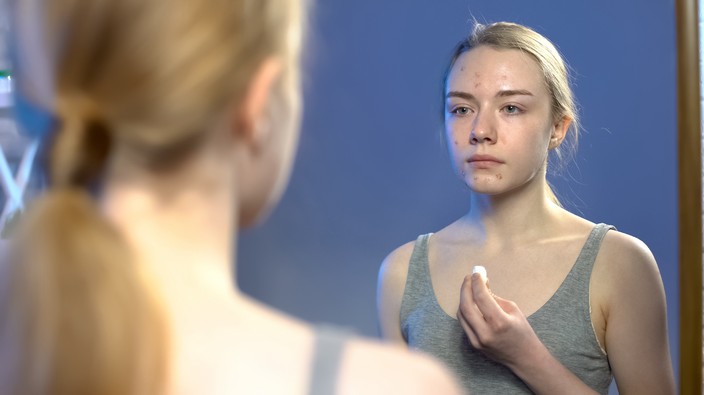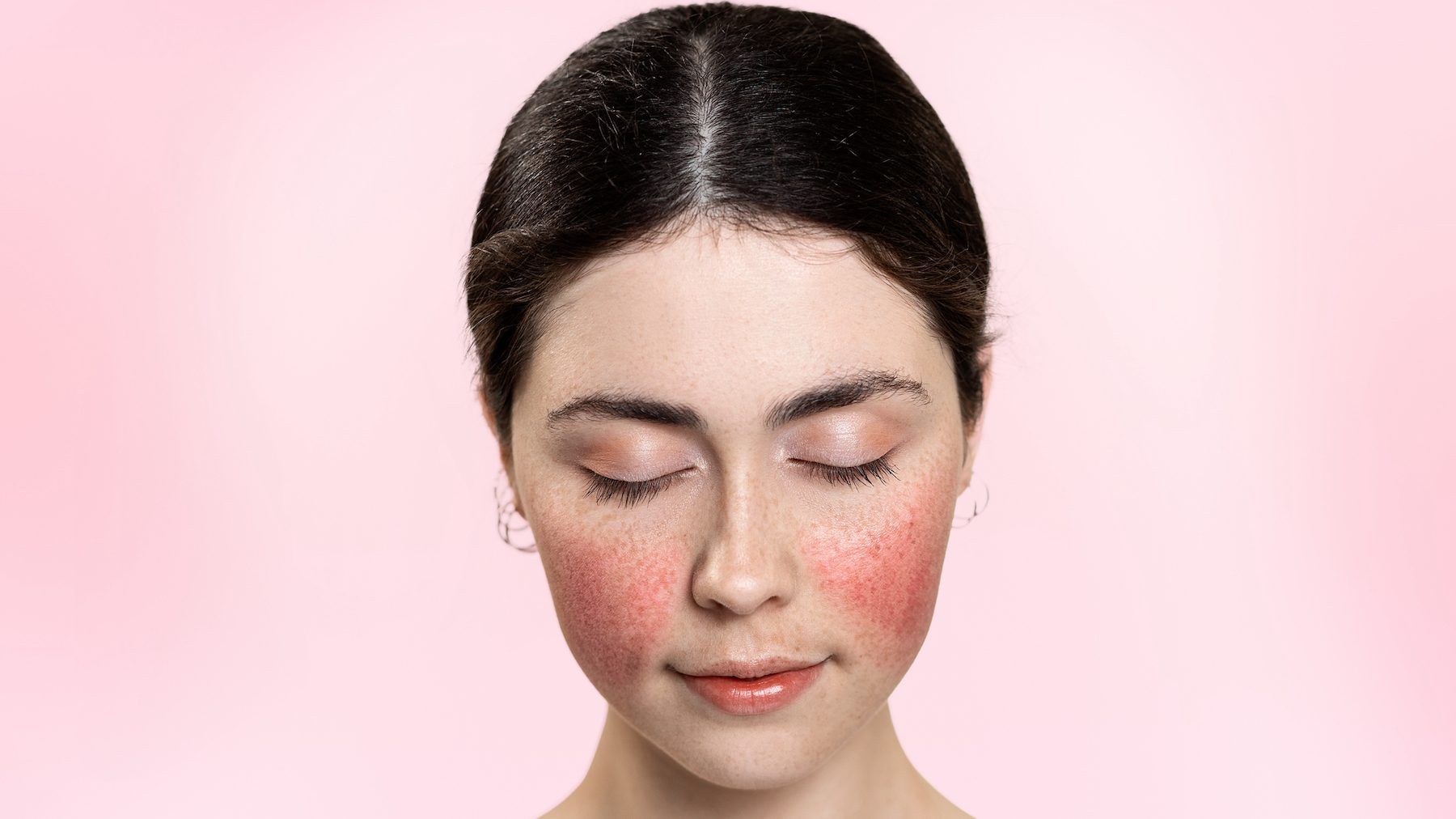most of the symptoms — scales, redness, bumps, sores, crusting, thickening of the skin — are caused by scratching, says landells. it’s not contagious, and minimizing the itch means avoiding irritants such as harsh shampoos, soaps, detergents, dryer sheets, rough fabrics like wool and animal dander. also, he says “aggressively moisturizing” (creams containing ceramide help) after a quick bath or shower, using warm, not hot, water while the skin is still damp helps to lock in moisture.
there’s also evidence pointing to our hyper-clean environment as a culprit. “by keeping children and their skin super clean, using anti-bacterial soaps and not exposing them to germs, bacteria and viruses we are impacting the maturation of their immune system,” he says. “and that may increase the likelihood of these abnormally inflamed reactions when they do encounter normal pathogens.”
‘switch the itch off’
eczema can appear anywhere on your skin, but it’s more common on hands, neck, inner elbows, ankles, knees, feet and around your eyes. you’re more likely to be affected if you’re female, black, or have a family history. stress can also cause or worsen attacks.
while there currently is no cure, symptoms can be managed with medications, including prescription topical steroid and non-steroidal agents, prescription topical steroids and antibiotics, and, if there’s infection, oral antibiotics. landells treats severe cases with oral and injectable biologic agents that, he says, “literally switch the itch off.”
 6 minute read
6 minute read









